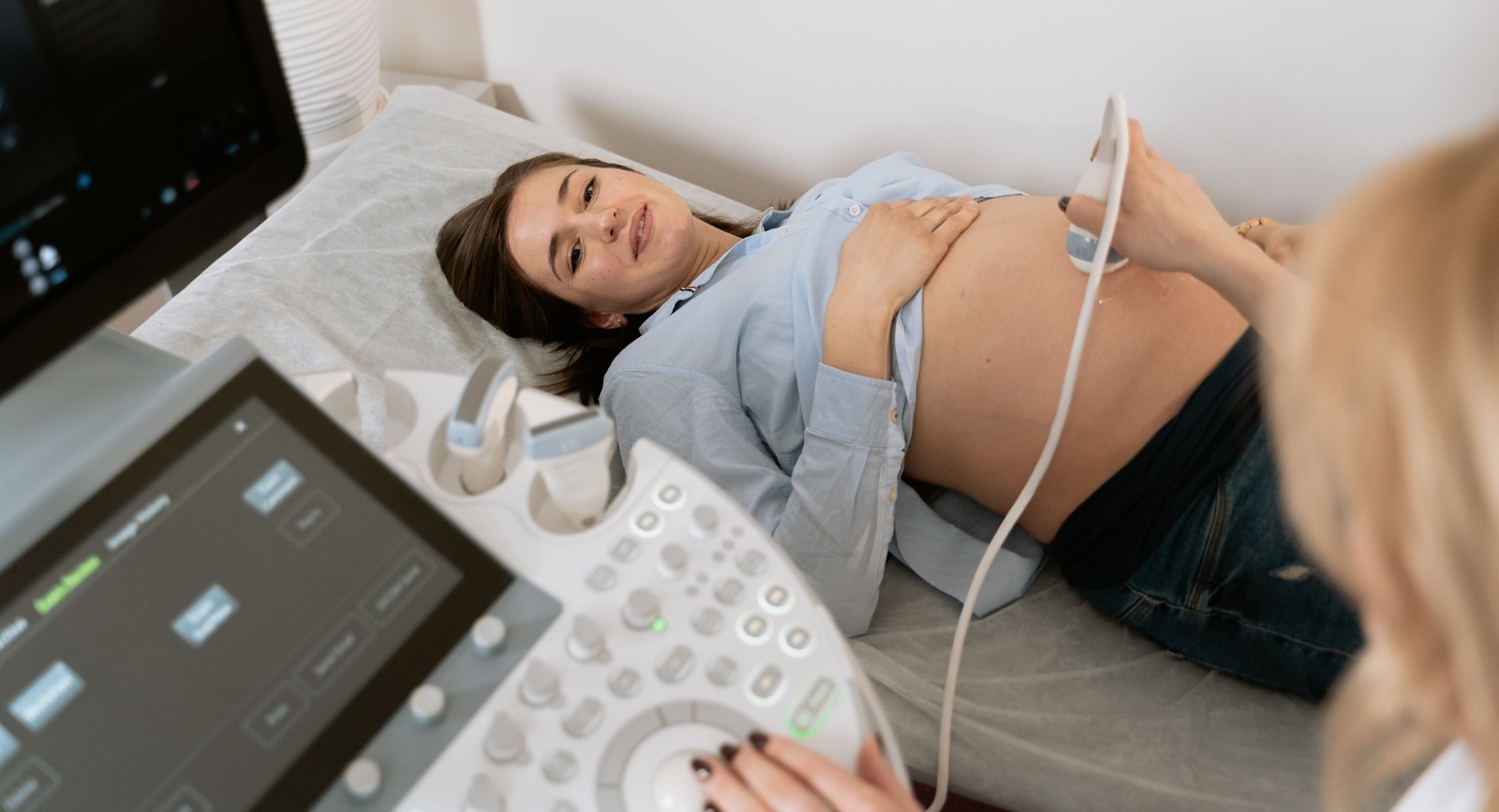
Some of the most common considerations throughout being pregnant are gastrointestinal (GI) issues the place some girls could begin having gastrointestinal issues after giving start and these gastrointestinal points can impression the liver, gallbladder, pancreas and different digestive organs along with the digestive tract, which incorporates the oesophagus, abdomen, small gut, massive gut and rectum. Some girls could have already got GI situations which may deteriorate throughout being pregnant and wish particular consideration.
Between 16 and 39% of pregnant girls have constipation at a while. The third trimester is whenever you’re most definitely to get constipation because the foetus is at its heaviest and is exerting probably the most pressure in your intestine nonetheless, constipation can happen throughout any of the three trimesters or it’s possible you’ll expertise constipation for as much as three months following the start of the kid.
Causes:
In an interview with HT Lifestyle, Dr Anu Vij, Consultant Obstetrician and Gynaecologist at Medicover Hospitals in Navi Mumbai, revealed, “In the first trimester the causes are usually high progesterone levels, low liquid intake due to nausea and vomiting and low food intake.”
Changes to be careful for throughout your 2nd and third trimester:
Dr Anu Vij shared, “Throughout the second trimester of pregnancy, your developing foetus experiences several important changes. You can start feeling the kicks and movements of the fetus. Your morning sickness starts to subside. Your body is rapidly changing as your baby grows. Digestion-related problems including constipation, gas, and heartburn may be among these alterations. To obtain relief from these typical symptoms and resume enjoying your pregnancy, learn more about them.”
Avoiding constipation issues throughout being pregnant:
Dr Anu Vij highlighted that your elevated iron consumption throughout being pregnant could probably be a consider your constipation. To reduce pregnancy-related constipation signs, she steered:
• 10 8-oz glasses of water needs to be consumed day by day.
• Increase your dietary fibre consumption regularly. Eat meals to succeed in your day by day fibre objective of 28 g.
• Beans present between 3 and 6 grammes of fibre per serving. Each serving of garbanzo beans has 6 g of fibre.
• greens that present 2 to 4 grammes of fibre per serving, corresponding to potatoes, candy potatoes, broccoli, and carrots.
• fruits with 2 to 4 grammes of sugar per serving, corresponding to pears, figs, strawberries, apples, bananas, and oranges
• Using entire grains that present 1 to three g of fibre per serving, corresponding to brown rice, pasta and bread.
• Cereals and oatmeal that include 3 to eight grammes of fibre per serving (10% bran gives 8 grammes).
• To energise your digestive system and encourage typical bowel actions, have interaction in not less than half-hour of train every day.
“The decrease GI tract is affected by being pregnant hormones, which successfully gradual the passage of faeces via the intestines. More water is absorbed into the stools because of the slow-motion course of, making them tough to move. Constipation may also be attributable to taking sure prenatal nutritional vitamins and taking iron dietary supplements. Haemorrhoids usually tend to develop later in being pregnant because of strain from the increasing uterus, which may additionally make it harder to move stools, Dr Anu Vij defined.
She elaborated, “Constipation may be lessened and prevented by increasing fluid intake and consuming more fibre in the diet. Additionally safe to use, some iron supplements actually contain stool softeners. A moderate laxative could be required for more severe constipation. If you develop stomach discomfort, bloody stools, or uncomfortable haemorrhoids, talk to your doctor about further therapies.”




